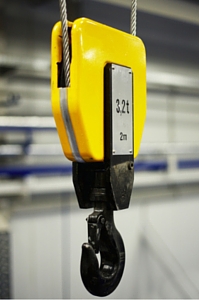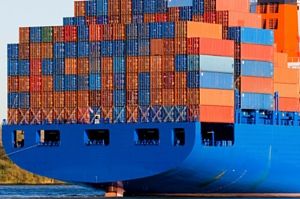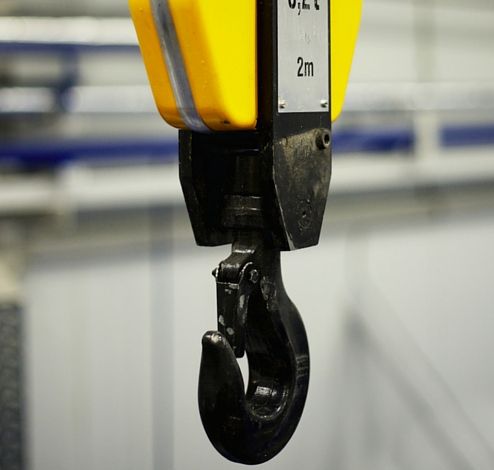The Safety of Life at Sea Convention (SOLAS) has been amended by the International Maritime Organization (IMO) to necessitate the verification of container weight before loading a packed container onto a ship for exporting. This new mandate was a long time concern of the World Shipping Council (WSC) and was adopted in November of 2014 to ensure that shippers will be responsible for the confirmation of the weight of the containers being loaded. The shippers have been given until July 1, 2016 to be in compliance.
What Does the SOLAS Amendment Provide?

There are two methods provided for shippers to determine their container weight after the container has been packed. Freight forwarders, shippers, vessel operators and terminal operators will need to establish set procedures and policies to ensure they are compliant with the changes in the SOLAS container weight verification requirement. The verified weight of the containers will apply globally.
Eight Basic Principals under the SOLAS Requirement
- It is a violation to load a container onto a vessel without determining the correct weight. There is no exception to this policy and is a violation of SOLAS if the proper weight and paperwork has not been documented. There is no exclusion to this requisite.
- There are two permitted methods for weighing: One-allows for weighing the whole container after it has been loaded. Two- weighing the contents separate from the weight of the container and then adding the two together for a total of both weights.
- Guesstimating weight is not permitted. The shipper has the accountability to weigh the loaded container or to weigh its contents unless a third party has been hired or assigned to The equipment used for weighing the load must meet calibration requirement and must meet national certification standards.
- The shipper’s signed weight verification may be used by a carrier as an accurate weight.
The carrier does not need to be a verifier of the shipper’s weight verification. The SOLAS amendments necessitate a carrier to confirm that a shipper supplying a verified weight has used a process which has been licensed and approved by the capable authority of the area in which the packing and sealing of the container was completed.

It is important for the shipper’s weight verification to be in compliance with the SOLAS requirements. It must be signed; indicating a specific person on behalf of the shipper is identified and named as having confirmed the correctness of the weight calculation.
- If the shipper weight verification is not signed the container can be weighed at the port. If the port does not have the weighing capabilities, an alternative method must be found to verify the weight of the container. If this cannot be done the container will not be permitted to be loaded on board the ship.
- Terminals and carriers will need to determine a method to handle situations where a marine terminal receives a loaded container that does not have the correct signed shipper weight verification. A process must be determined for the weight will be obtained and included in the vessel stow plan.
- When a packed container is weighed at the load port, that weight is to be used in the vessel stow planning.
- Vessel stow plans should use all verified container weights in the vessel stow plans for loading purposes.
AFC International can assist in all your importing needs as our brokers have a vast knowledge of current rule and regulation changes. Contact us at 1.800.274.2329 at AFC International with your questions or to get a quote today!


Leave a Reply
You must be logged in to post a comment.